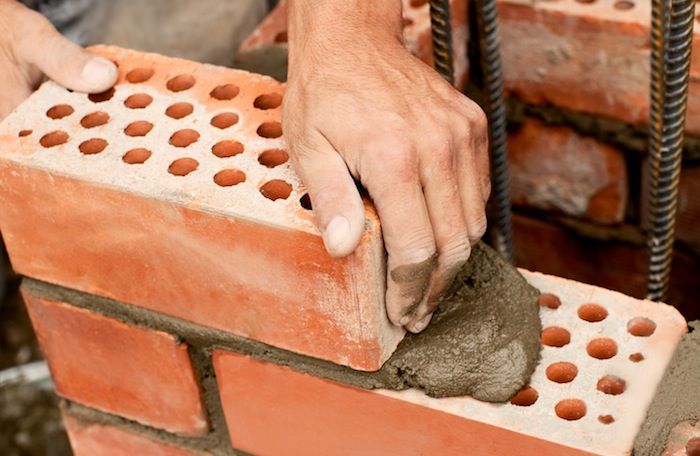
UK housebuilder Taylor Wimpey saw its operating profit drop 49& last year with the number of homes completed by the company falling 24%.
The housebuilder revealed that revenue was down 21% to £3.5bn year-on-year and pre-tax profit fell 42.8% to £473.8m.
Completions totalled 10,848 in 2023 compared to 14,154 in 2022. The company is forecasting 9,500 to 10,000 completions in 2024.
Despite the weaker numbers, the company revealed that UK average selling prices on private completions grew 5.1% to £370k and the overall average selling price of its new homes rose 3.5% to £324k.
Taylor Wimpey chief executive Jennie Daly commented: “We delivered a good full year performance in line with expectations despite a challenging market, benefiting from our sharp operational focus, the quality of our homes and locations and a continued proactive sales effort.”
Daly said that it was still early in the year and the macroeconomic backdrop remained uncertain, however it was encouraging to see some signs of improvement in the market, with reduced mortgage rates positively impacting affordability and customer confidence.
She added: “While the planning environment remains challenging, we have a high-quality, well-invested landbank and a strong financial position which underpins our ability to provide investors with a reliable income stream via our differentiated Ordinary Dividend Policy. Looking ahead we are well-positioned in an attractive market, with significant underlying demand for our quality homes and are poised for growth from 2025, assuming supportive market conditions.”
It has not been a good news week for Taylor Wimpey and UK housebuilders generally. It was announced that the competition authorities were taking a closer look to see if some of the big housebuilders – including Barratt, Berkeley, Persimmon, Redrow, Taylor Wimpey and Vistry – have been sharing commercially-sensitive information and using that knowledge to make decisions on build-out of sites and the price of new homes.



